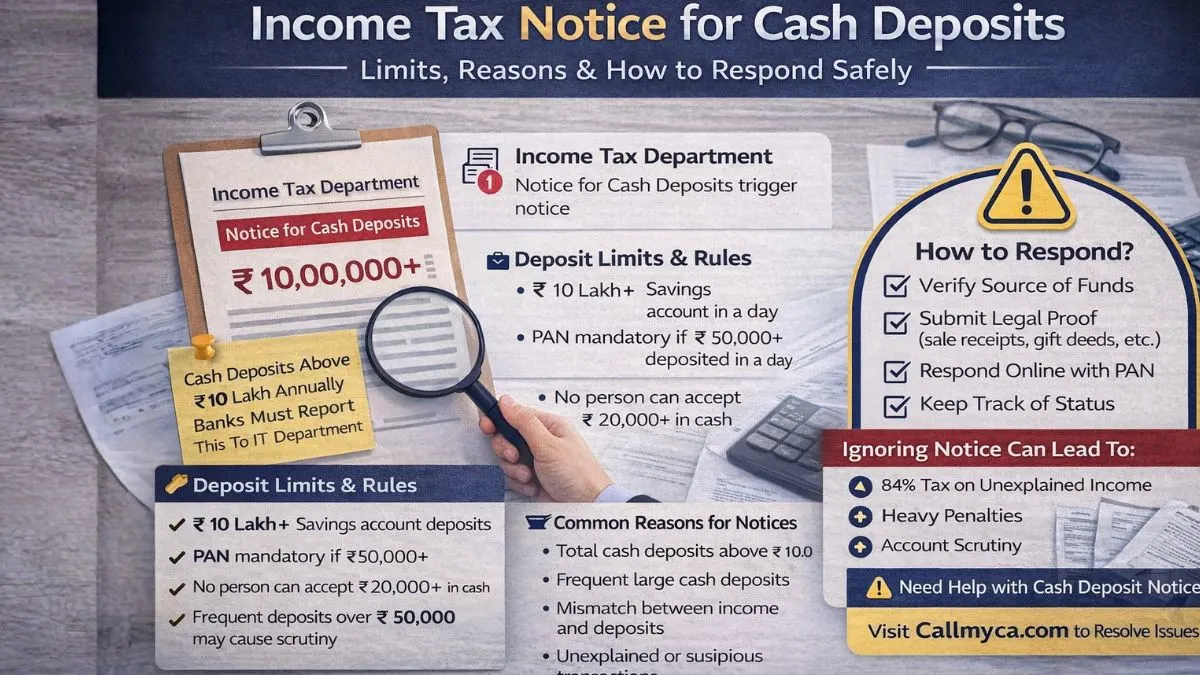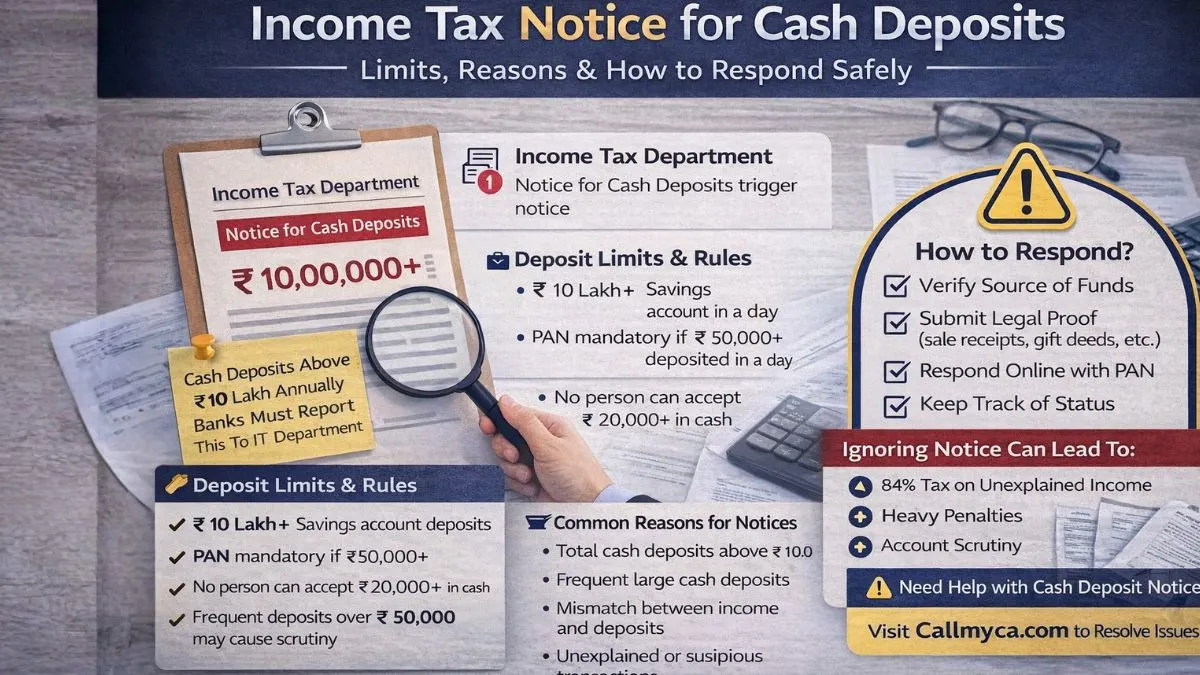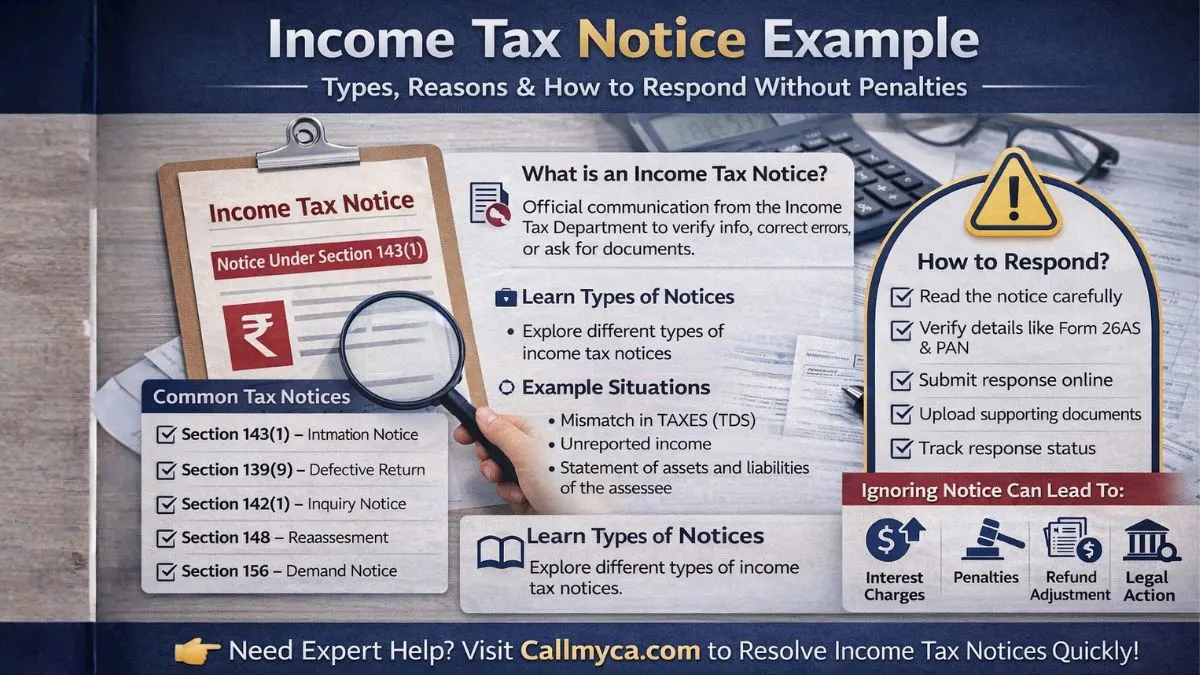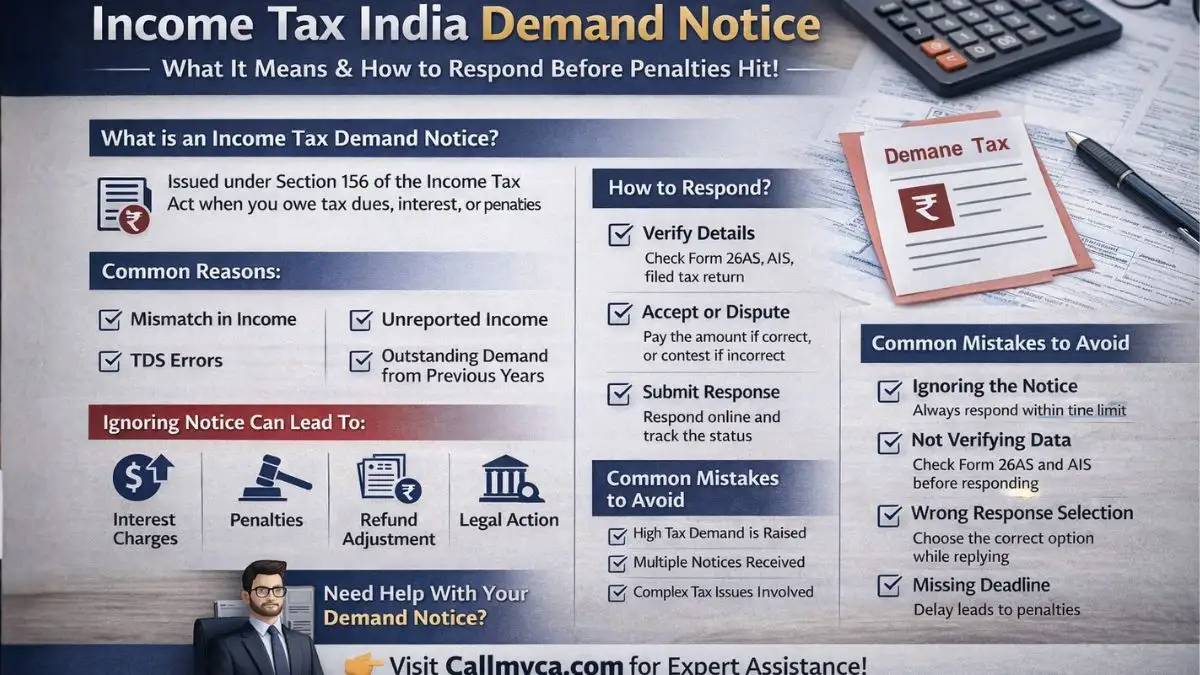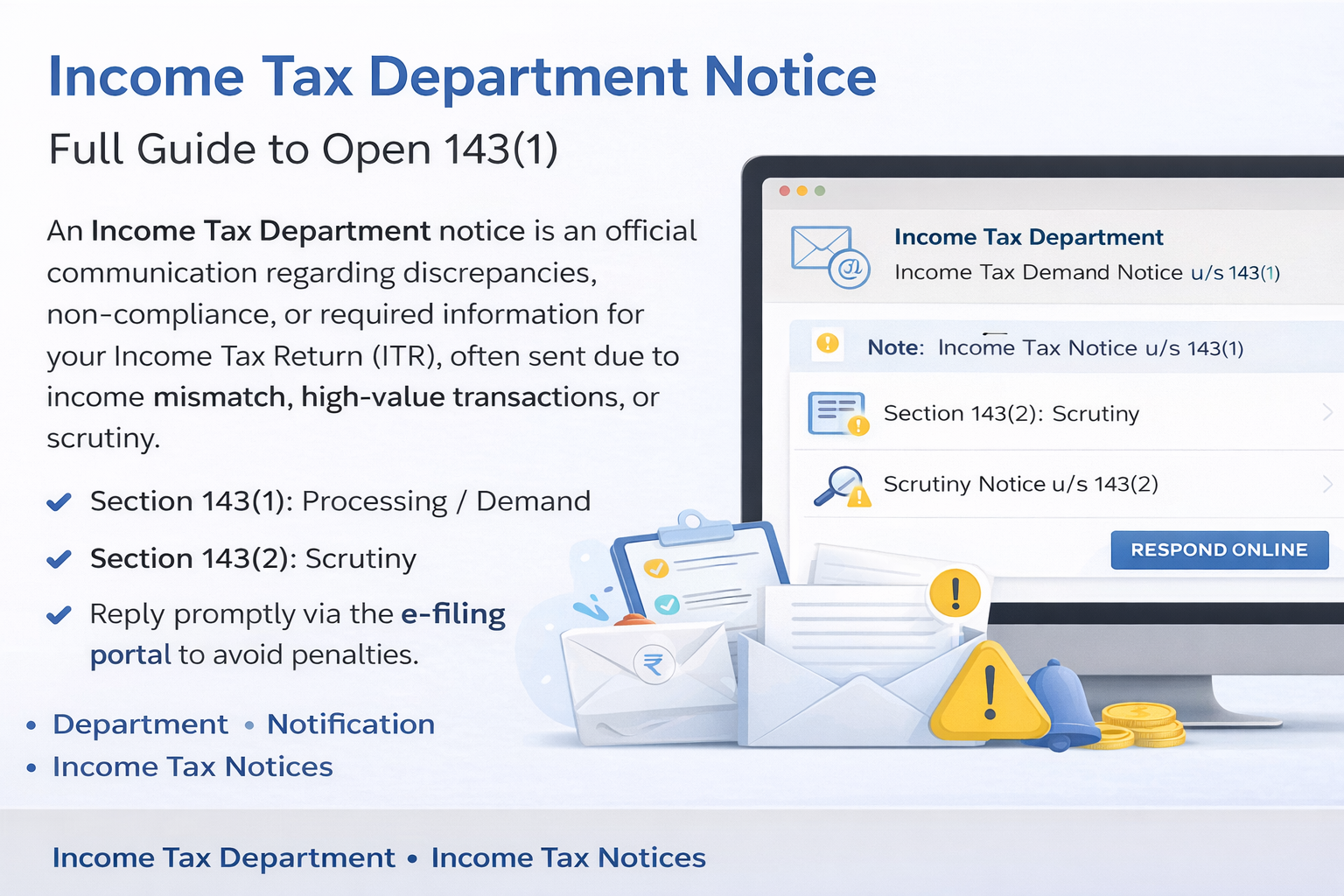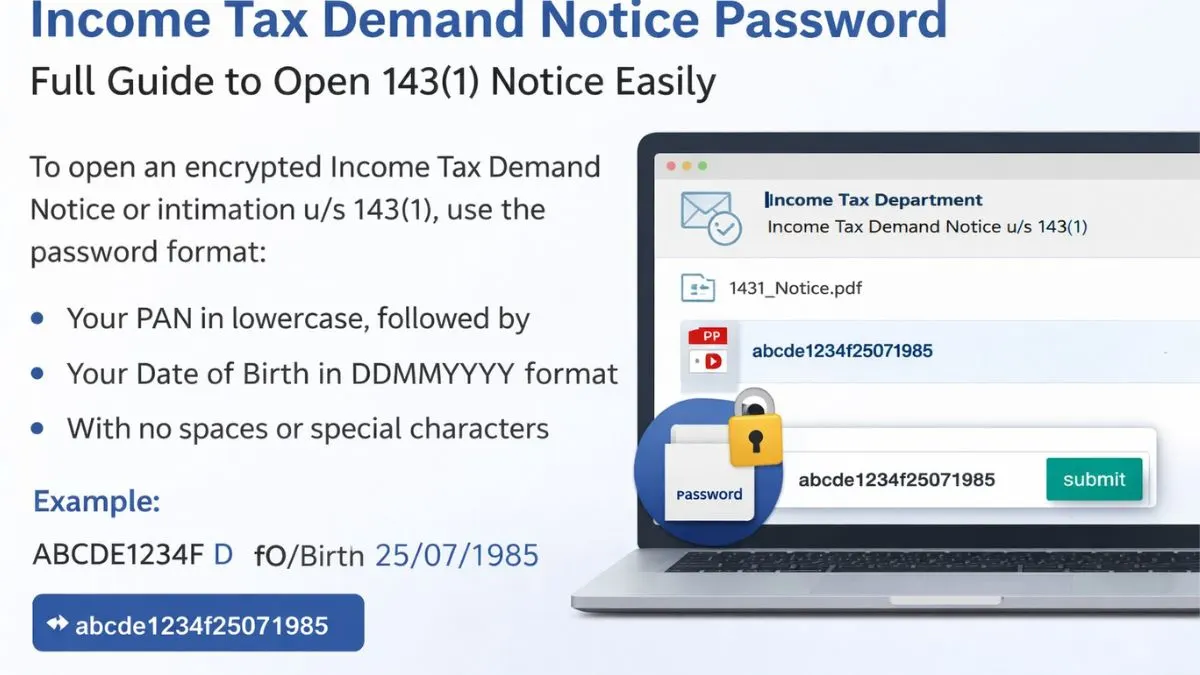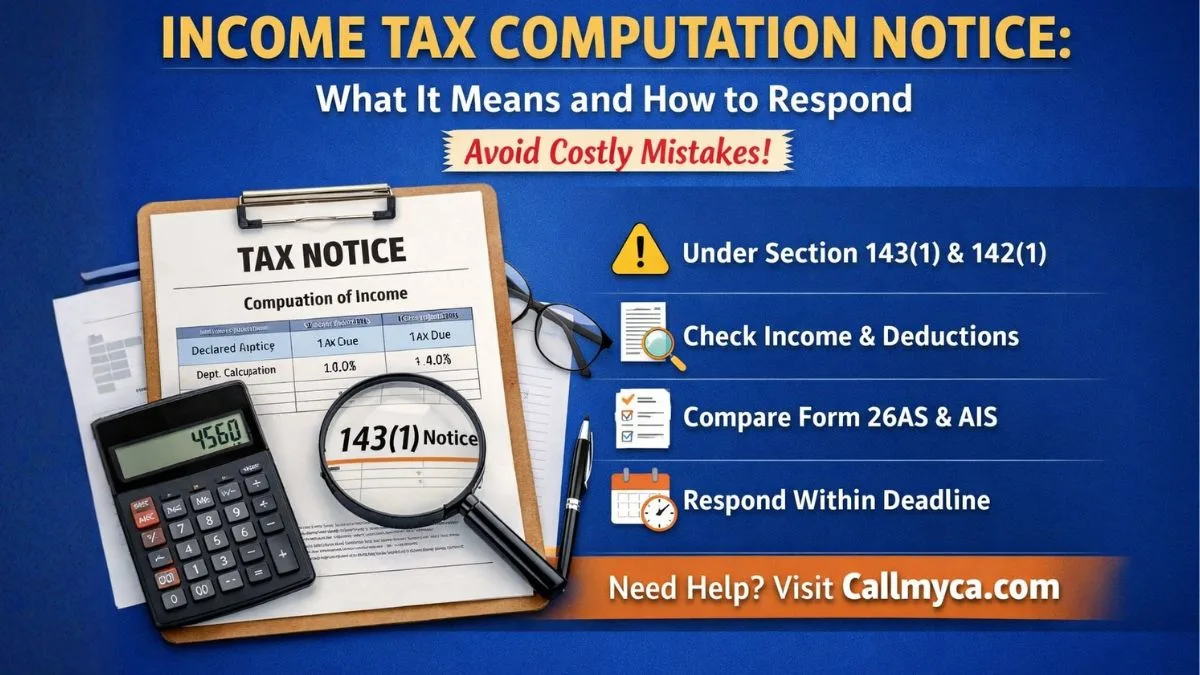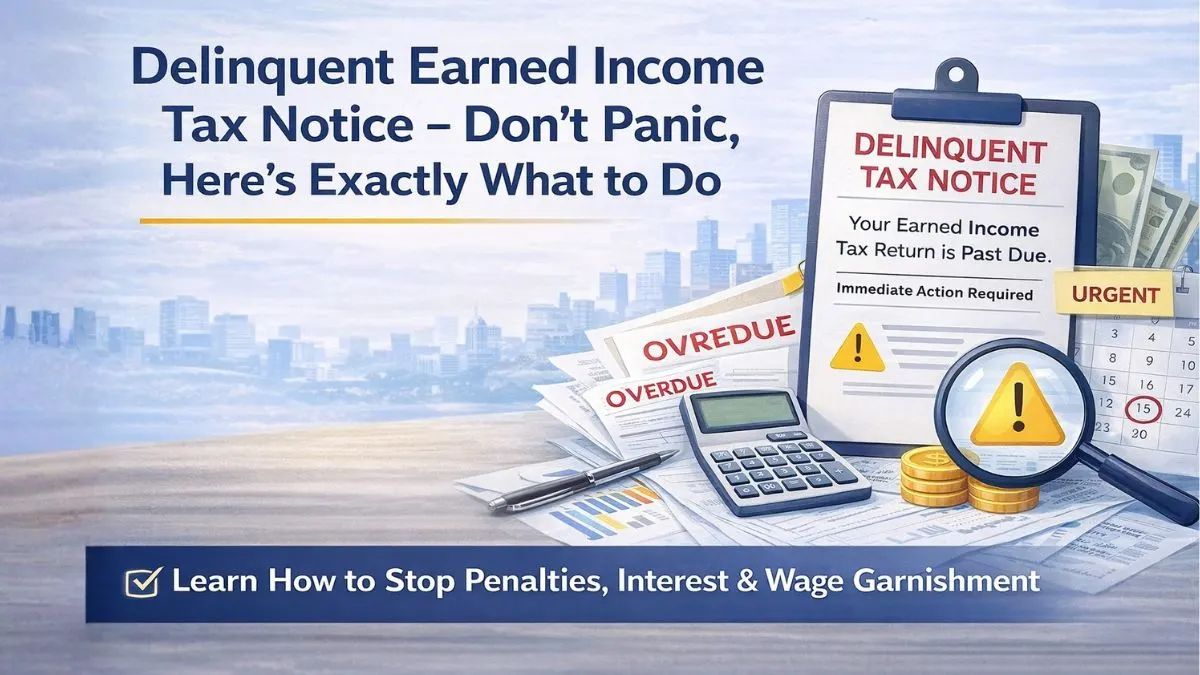
For millions of Indians, coffee is more than just a drink—it’s a daily ritual. From quick cups of instant coffee in households to freshly brewed specialties in cafes, demand has been rising steadily. But taxes have often kept prices higher than expected, affecting both consumers and coffee growers.
In a landmark decision, the GST Council has reduced the tax on instant coffee from 18% to just 5%, directly lowering costs for consumers & creating new opportunities for the industry. The coffee community has termed this a progressive step, which will benefit everyone from plantation owners to retail cafes and households.
What the GST Cut Means
Earlier, instant coffee attracted 18% GST, making it a relatively expensive product compared to tea or other beverages. With the new decision, the rate has been slashed to 5%, putting it closer to essential items.
This change will make instant coffee significantly cheaper, not only in retail stores but also in restaurants, hotels, and cafes. Consumers can expect to pay less for packaged coffee, while coffee-based beverages at popular outlets may also see downward price adjustments.
Industry Reactions: A Welcome Move
The decision has been widely celebrated across the coffee industry. Rajat Agarwal, CEO of Barista Coffee, noted that while the industry still does not qualify for GST input credit, the rate cut will reduce sourcing costs. He added that more money in consumers’ hands will boost overall retail spending, which in turn benefits coffee chains.
Similarly, Rana George, MD of Kelachandra Coffee, said the move will make coffee more affordable and accessible. With large plantations in Chikkamagaluru & Wayanad, George emphasized that domestic consumption is bound to increase, which will support growth across the supply chain."
Impact on Consumers
For coffee drinkers, the immediate benefit is affordability. A pack of instant coffee that earlier attracted 18% GST will now fall under the 5% slab, cutting costs at the checkout counter.
- Households: Daily consumption becomes more budget-friendly.
- Students & working professionals: Affordable instant coffee makes it easier to sustain daily habits.
- Urban & semi-urban markets: Growing coffee culture will expand faster due to reduced prices.
Simply put, coffee lovers can now enjoy their favorite beverage without worrying too much about the price tag.
Also Read: GST Council’s Big Move: Tax Cuts on Medicines & Devices Promise Patient Relief
Impact on Retailers and Cafes
The coffee retail sector, including chains like Barista, Café Coffee Day, and several boutique cafes, will also benefit. With instant coffee to be cheaper as GST reduced from 18% to 5%, cafes can optimize their pricing strategies.
This may lead to:
- More affordable menu pricing for coffee-based beverages.
- Increased footfall as consumers respond to lower prices.
- Higher sales volumes, especially in tier-2 & tier-3 cities where price sensitivity is higher.
Coffee Plantations and Farmers: A Boost in Demand
India’s coffee plantations, concentrated in Karnataka, Kerala, and Tamil Nadu, often face challenges in pushing domestic demand compared to exports. With coffee now becoming more affordable, domestic consumption is expected to rise, offering farmers a stronger local market.
This reduces over-reliance on exports and creates a more balanced industry. Plantation owners, like Rana George of Kelachandra Coffee, believe this decision will open new avenues for growth, especially in retail packaged coffee.
Economic Implications
The government’s move is also expected to have a wider economic impact:
- Increased demand: Lower taxes stimulate consumption.
- Retail sector growth: Higher sales volumes boost employment in retail & hospitality.
- Tax compliance: Lower GST rates reduce the incentive for evasion, broadening the tax base."
- Multiplier effect: From plantations to cafes, every layer of the value chain benefits.
The coffee sector may now contribute more significantly to India’s growing food & beverage economy.
Also Read: New GST Rates on All Cars: From Alto to Mahindra Thar and Tata Nexon
Comparison: Old vs. New GST Rates
|
Category |
Old GST Rate |
New GST Rate |
Impact |
|
Instant Coffee |
18% |
5% |
Cheaper prices for consumers |
|
Coffee at Cafes |
18% |
5% (if passed on) |
Possible lower menu prices |
|
Coffee Accessories |
18% |
No change |
Still taxed higher |
This comparison shows how the main win is for packaged and retail instant coffee.
Global Perspective
Globally, coffee is often considered an essential beverage with relatively low tax rates. By reducing GST to 5%, India now aligns closer with international norms, making coffee more accessible and promoting a stronger coffee culture at home.
It also ensures Indian cafes & retailers can compete better with international chains entering the market.
Challenges Ahead
While the rate cut is a huge positive, challenges remain:
- The coffee industry still cannot claim GST input credit, meaning some costs remain unrecoverable.
- Premium coffee products like capsules or imported blends may continue to face higher taxes."
- Cafes need to ensure benefits are actually passed on to consumers, not absorbed entirely into margins.
Despite these issues, the overall sentiment remains overwhelmingly positive.
Why This Decision Matters Now
The timing of this move is critical. With rising inflation and increasing food costs, households have been cutting down on discretionary spending. Coffee, often seen as a lifestyle product, risked becoming a luxury for many families.
By cutting GST, the government ensures coffee remains affordable and accessible, supporting both consumers & the industry during uncertain economic times.
Final Thoughts
The GST Council’s decision to reduce tax on instant coffee from 18% to 5% has been hailed as a progressive step by the coffee community. The move will benefit consumers through lower prices, while also giving a much-needed push to plantations, cafes, and retailers.
With more money in consumers’ hands and higher affordability, domestic consumption of coffee is expected to rise, creating new opportunities across the industry. As instant coffee becomes cheaper, India’s coffee culture will only grow stronger.
✅ Want to understand how GST changes like this can impact your business or spending? Visit Callmyca.com — our experts simplify GST rules, tax planning, and compliance so you can save more and spend smarter.

